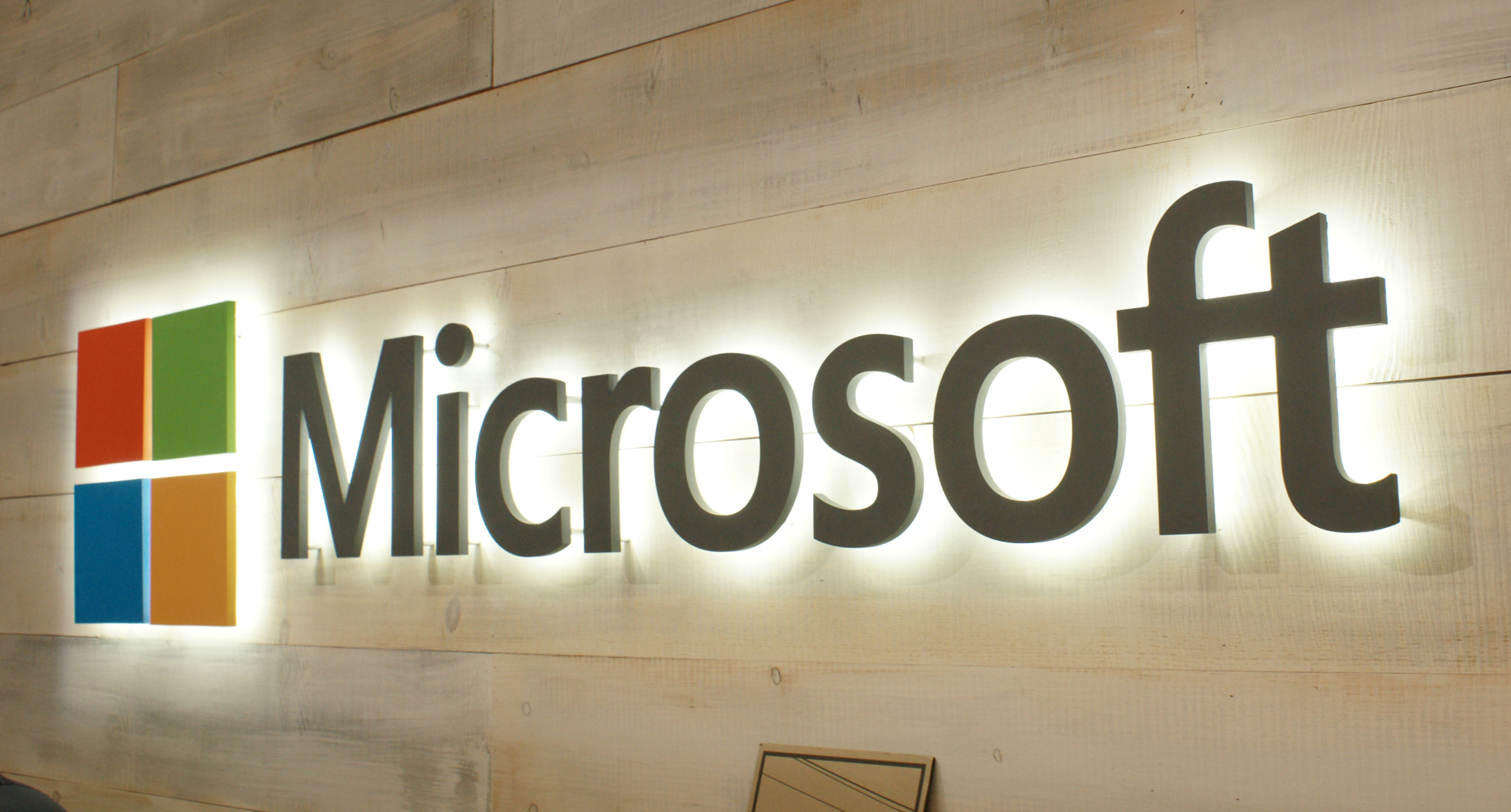
Microsoft has announced the kick-off of Season 2 of the Game of Learners (GOL) program, an initiative aimed at enhancing digital and coding skills amongst university students in Kenya and Nigeria.
An initiative of Microsoft’s Africa Development Center (ADC), the programme is run in the form of a hackathon and engages directly with students regardless of the higher education institution they come from. The program’s main objective is to establish a fun, hands-on learning experience for students.
“Born virtual, GOL is a program without borders. It provides a virtual environment where students learn computer science technologies and practices hands-on while they build impactful solutions for their community,” said Jack Ngare, the ADC managing director while making the announcement.
Launched last year, the program aims to empower participating students to develop answers that can address some of the continent’s social challenges in areas such as healthcare. This year, the task is to come up with possible digital solutions that can aid the continent to overcome pressing bottlenecks facing education in the region.
Some of these challenges include poor quality environment such as overcrowding; lack of proper facilities like textbooks and learning resources; poverty in most of the countries making it hard to employ qualified teachers; cultural practices that dictate early marriages; and lack of resources such as power, internet and devices. This has in turn delayed critical development journey that accelerates economic growth and most importantly, social well-being.
“The GOL is set up as a virtual hackathon spanning multiple weeks, where participants learn new technologies to build products or solutions that address a particular identified challenge,” explains Ngare.
Season 2 has a total of 60 students: 12 team leads and 48 learners (24 women and 24 men) who are undergraduate students, drawn from Kenya and Nigeria. In addition, there are 40 volunteers from Microsoft to train, mentor and coach the students throughout the five-week engagement and judge each team’s final project submission. In total, 496 students from the two countries had expressed their interest to join in the competition.
From the start to the end, the students’ GOL journey is documented and released in weekly episodes which are available online. One overall winner (team) will be selected at the end of the season. Besides having the winning team featured on the GOL site along with announcements on social media, each standing member of the winning team will be awarded with one year Azure credits, one year LinkedIn Learning vouchers, digital certificate and digital badge for winning and one on one mentorship from preferred professionals.
All participants have access to development resources throughout the competition. At the end of the competition, each team is required to submit a 3-minute pitch video, corresponding code and shippable product for overall project judging by Microsoft and partners.
Last year, an entry featuring the development of a unique mobile-based medical application emerged the overall winner. The challenge was to demonstrate the application of technology in developing e-health systems that will enable patients to access normal medical services remotely. Dubbed RemD (short form for Remote Doctor), the mobile application was developed by five students drawn from Dedan Kimathi University of Technology, Multimedia University of Kenya, Strathmore University as well as from Mt. Kenya University and beat stiff competition from four other teams drawn from students from different counties.

